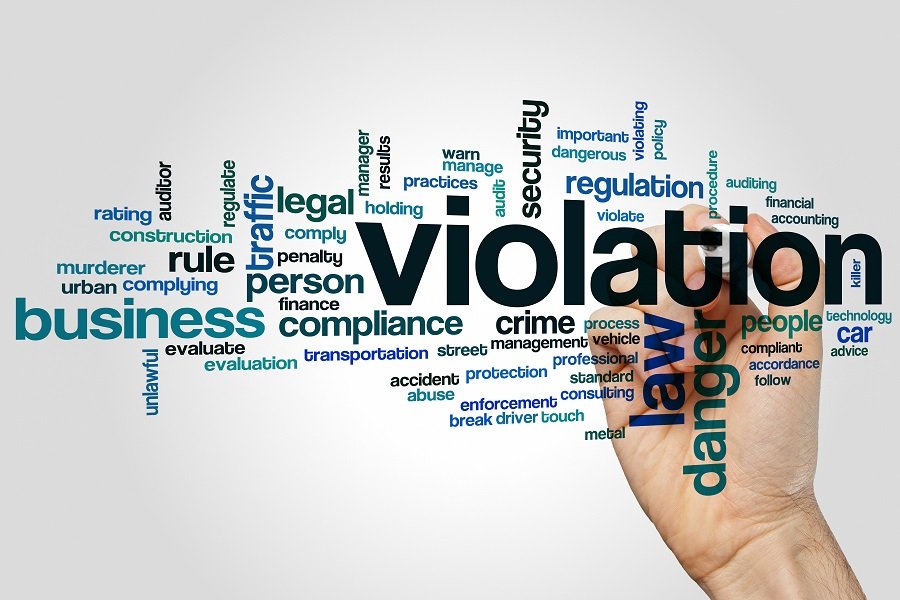On March 15, 2024, the Korea Consumer Agency (KCA) announced that it investigated into the current state of packaging and advertising of consumer chemical products, 14 out of 50 products investigated were found to violate the packaging and advertising restriction standards of the Consumer Chemical Products and Biocides Safety Act (hereinafter “K-BPR“).
According to the announcement, the investigation revealed that these 14 products used expressions prohibited by the K-BPR, such as “non-toxic,” “environmentally friendly,” and “harmless to the human body.” The KCA stated that it has requested the Ministry of Environment to issue a corrective order to the violating companies, adding that KCA is intensifying efforts on inspections of product packaging and advertising. The violating products found in this investigation are bath cleaners, car washer fluids, antifreeze fluids, adhesives and laundry capsule detergents, the KCA said.
Summary of packaging and advertising restrictions for consumer chemical products under the K-BPR
Article 34 of the K-BPR sets forth the following product packaging and advertising standards for companies that manufacture, import, sell, and/or distribute consumer chemical products that use biocidal substances.
- In order to avoid misleading consumers about the effects on human and animal health and the environment, legally prohibited expressions such as “non-toxic,” “environmentally friendly,” “harmless,” “eco-friendly,” “no hazardous substances,” “no toxicity,” or any other similar expressions shall not be used in product packaging or advertising (except for products that have received eco-label certification, etc.).
- Information prescribed by laws and regulations, such as the method and precautions for using the product, the effect and efficacy, and the approval or declaration number issued by the government, shall be displayed on the product packaging and included in advertising.
- Those who violate the above provisions shall be punished by imprisonment for up to three years or a fine of up to KRW 30 million (approx. USD 22,000).
The KCA said that while the packaging or online advertisements of these 14 offending products were found to use expressions prohibited by the K-BPR, and in particular, the laundry capsule detergent violated standards for labeling items on the packaging. The Agency plans to issue a corrective order and compel the company to take corrective measures, it added.
The KCA is a quasi-governmental agency established under the Framework Act on Consumers, and as an agency functioning under the Fair Trade Commission, it protects the rights and interests of consumers, mediates disputes, and inspects and monitors products sold in the market for non-compliance. The KCA stated that it will continue to conduct tests on consumer chemical products sold in the market to detect hazardous chemicals and check their compliance with packaging and advertising restriction standards.
The press release related to this article can be viewed at the following URL (in Korean).
https://www.kca.go.kr/home/sub.do?menukey=4002&mode=view&no=1003631525
K-BPR can be viewed at the following URL (in Korean).
https://www.law.go.kr/LSW/lsInfoP.do?lsiSeq=261131&efYd=20240319&ancYnChk=0#0000
 South Korea products violating packaging and advertising restrictions of BPR law, plans to issue corrective order
South Korea products violating packaging and advertising restrictions of BPR law, plans to issue corrective order 

























